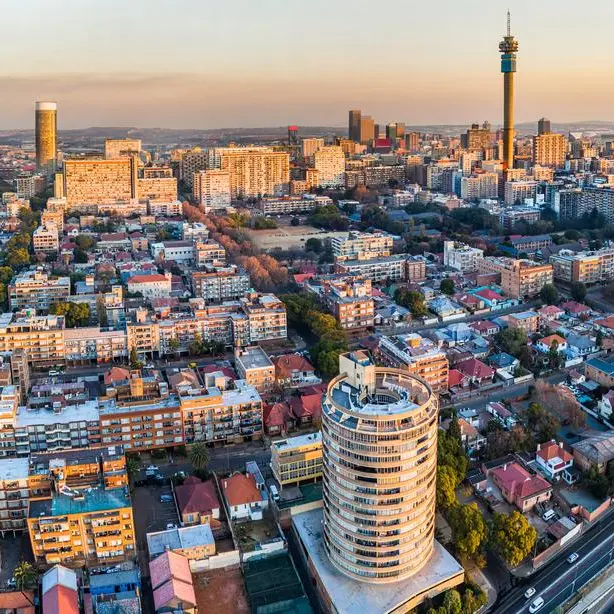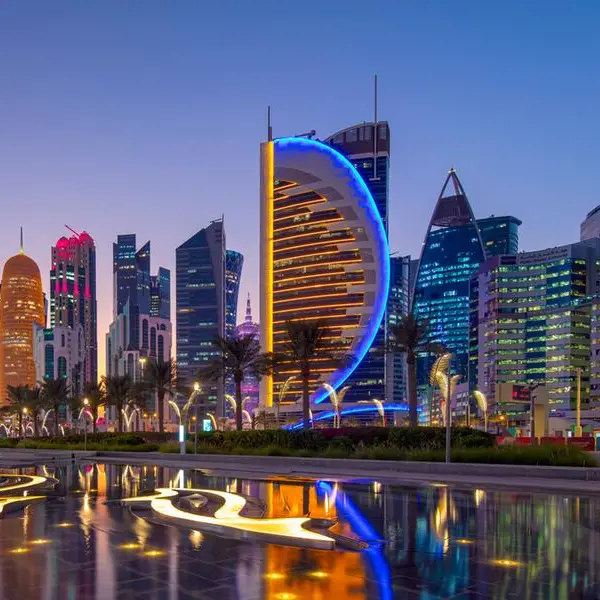The key role earmarked for the Madinah region of Saudi Arabia in driving growth across the non-oil sector of the kingdom’s economy is mapped out in a new report by the global research and advisory firm Oxford Business Group (OBG), produced in partnership with Al Madinah Regional Development Authority.
The Report: Madinah 2020 puts the new Al Madinah Region Strategy 2030 under the microscope, looking at its objectives, while analysing the way in which they dovetail with the social and economic targets laid out in Vision 2030, Saudi Arabia’s far-reaching development roadmap.
With religious tourism identified as an engine for growth under Vision 2030, steps are being taken to gradually increase the number of Umrah visitors travelling to Madinah in the next decade to a targeted 30 million, up from 14.4 million in 2019.
While the impacts of the Covid-19 pandemic on global travel will stall growth in 2020, the efforts and strategies that have been laid down should ensure steady expansion for the sector once the crisis has been successfully navigated.
The report provides details of the projects planned to help enhance the region’s offering, which include the expansion of the Prophet’s Mosque - already a popular destination, attracting millions of pilgrims annually - and the restoration and development of several Islamic holy sites.
It also considers the key role that the private sector is expected to play in developing additional services, activities and offerings that will be needed to meet rising demand.
In separate coverage, OBG examines the industrial expansion planned for the region, which includes diversifying Madinah’s well-established manufacturing base by putting the focus on research and innovation, and new technologies. Segments that have been identified as ripe for growth, such as food processing, pharmaceuticals and medical supplies, are given wide-ranging analysis.
In addition, OBG shines a spotlight on the mega Knowledge Economic City (KEC), a $7 billion project located in Madinah which, along with five other hubs, is being developed nationally as part of government efforts to boost economic diversification and job creation across the Kingdom.
The report documents the wide-ranging investment opportunities that the city is offering, which span residential, commercial, hospitality, edutainment, services and tourism openings.
It also explores the role that KEC will play in supporting small and medium-sized enterprises by providing designated space for local businesses to sell their products.
The Report: Madinah 2020 contains a detailed guide for investors across the four sectors expected to drive new economic growth in the region, which are tourism, manufacturing, agriculture and mining.
It also includes interviews with high-profile representatives from Madinah, namely: Prince Faisal bin Salman bin Abdulaziz Al Saud, Governor, Madinah Province; Prince Saud bin Khalid Al Faisal, Deputy Governor, Madinah Province; and Fahad Albuliheshi, Mayor, Al Madinah Almunawarah Region, and CEO, Al Madinah Region Development Authority.
Commenting ahead of the launch, CEO Andrew Jeffreys said that while tourism was expected to spearhead Madinah’s economic expansion, the authorities had also recognised the importance of finding a balance between developing the region, preserving its rich cultural and historical legacy, and meeting the needs of residents through urbanisation.
"Plans to offer the millions of tourists visiting the main mosque a choice of new touristic routes and an enhanced, more holistic experience are far-reaching," he stated.
“However, as our report indicates, the strategy makes clear that leveraging Madinah’s natural assets and respecting its heritage must also be a priority.”
Fahad Albuliheshi, Mayor, Al Madinah Almunawarah Region, and CEO, Al Madinah Region Development Authority, added that supporting Madinah’s smaller businesses was another key focus, with the benefits expected to be felt through the local communities.
“We in Madinah are well aware of the important role small and medium-sized enterprises play in the Kingdom’s economy, and how difficult it is for these entities to access the resources they need to succeed,” he said in the report. “Local organisations are sensitive to this and have created a series of joint initiatives, both public and private, aimed not only at knowledge transfer and mentorship, but also at facilitating access to credit and strengthening commercial channels in order to generate higher revenue for SMEs.”
Copyright 2020 Al Hilal Publishing and Marketing Group Provided by SyndiGate Media Inc. (Syndigate.info).
Disclaimer: The content of this article is syndicated or provided to this website from an external third party provider. We are not responsible for, and do not control, such external websites, entities, applications or media publishers. The body of the text is provided on an “as is” and “as available” basis and has not been edited in any way. Neither we nor our affiliates guarantee the accuracy of or endorse the views or opinions expressed in this article. Read our full disclaimer policy here.



















